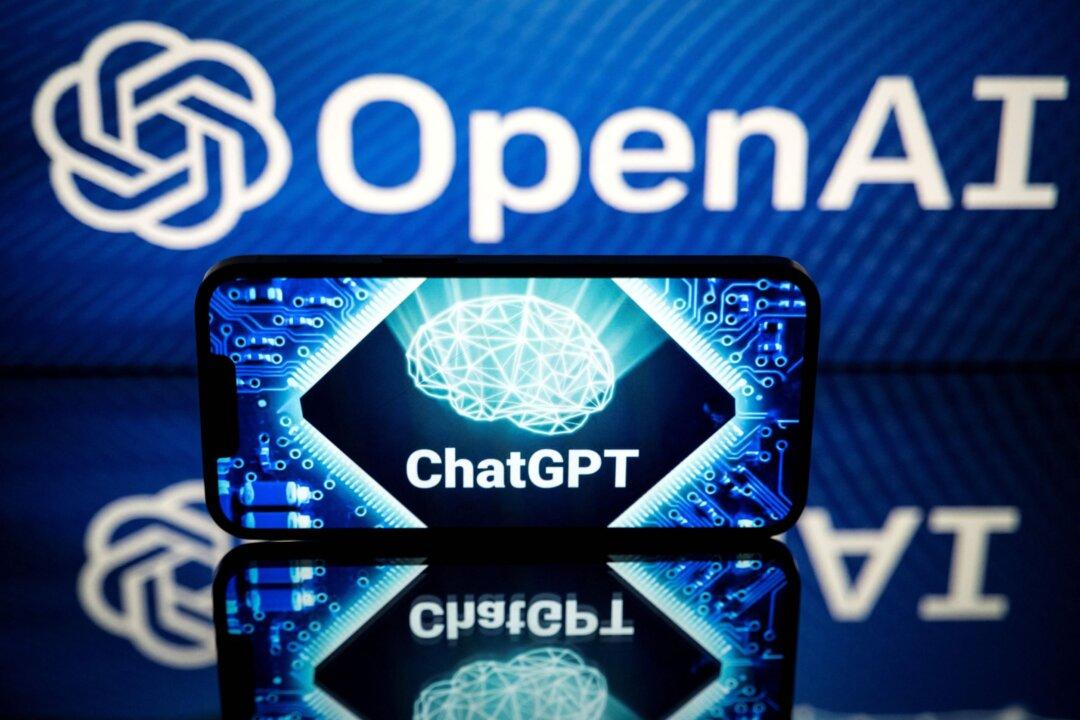OpenAI announced that it has disrupted five influence operations from four countries that were using its artificial intelligence (AI) tools to manipulate public opinion and shape political outcomes across the internet.
The company stated on May 30 that these covert influence operations were from Russia, China, Iran, and Israel. Actors behind these operations used OpenAI tools to generate comments, produce articles, or create fake names or bios for social media accounts over the past three months.




